Police Arrest Pride Demonstrators in Turkey
Over 100 arrested in Istanbul and Izmir as activists defy conservative government’s crackdown on LGBTQ-themed celebrations.

Turkish police detained over 100 people on Sunday following Pride marches in the cities of Istanbul and Izmir.
Despite attempts by the Turkish government to suppress expressions of LGBTQ identity, including Pride celebrations, in the Muslim-majority country, hundreds took to the streets of both cities to celebrate their LGBTQ identities in defiance of those actions.
Turkey’s ruling pro-Islamist Justice and Development Party (AKP) has previously passed bans on Pride marches and LGBTQ-themed events, but courts have found those bans to be unlawful. Nonetheless, the government frequently seeks to shut down such celebrations, either by making it logistically impossible to march or by directing police to disperse crowds or arrest those believed to have participated in demonstrations.
In the run-up to Sunday, authorities in Istanbul sought to shut down all public transportation and set up roadblocks in the Taksim Square district to prevent Pride activists from marching in the area. Activists, aware of this blockage, set up their march in the Nişantaşı residential quarter of Istanbul, a little over half a mile away from Taksim Square, without warning the government.
Bianet, a human rights publication centered in Tukey, reported that a group of activists hung a five-story rainbow flag on a garage overlooking Mıstık Park. In the park, others carried banners with phrases like “You will get used to us” and “After every storm, the rainbow comes out.”
Demonstrators – not only LGBTQ individuals but some from the country’s secular Left – expressed displeasure with the government’s anti-LGBTQ crackdowns, mocking President Recep Tayyip Erdoğan with chants of “Run Tayyip, run. Queers are coming!” Others chanted slogans like “Liberation of queers will shake the world,” and “Queers exist, Kurdistan exists.”
Shortly after the demonstration began, police arrived and said the march could not continue because Pride activists were blocking the roads. The police then began to arrest people contributing to the march, according to Istanbul’s Pride Week Committee. Some of the arrests took place after the march, with police arresting people sitting in cafes who were thought to have participated in the march.
Police also attempted to prevent journalists from covering the event, leading to one arrest.
While homosexuality is not criminalized under Turkish law, the authoritarian government will often arrest LGBTQ people, especially those considered “activists,” on other charges, such as accusing them of creating public disturbances, in order to jail or punish them.
Such actions often receive support from the broader public due to widespread anti-LGBTQ sentiment in society, especially among conservative Muslims, who have mounted their own demonstrations and marches calling for the criminalization of, and imposition of harsh sentences for, homosexuality or same-sex relations. Earlier this month, Istanbul’s governor Davut Gul said any activity deemed to be “threatening the traditional family structure” would not be allowed.
This year, some argue, is more tense than in years past due to the recent victory of Erdoğan in May’s presidential election. His 4-point victory over Republican People’s Party (CHP) candidate Kemal Kılıçdaroğlu was cast as an endorsement of anti-LGBTQ actions and campaign rhetoric employed by Erdoğan, whose government has become infamous for routinely cracking down on expressions of free speech and dissent, as well as other well-documented human rights abuses.
“After the elections, we saw once again that we were targeted in [Erdoğan’s] balcony speech,” an activist in Mıstık Park told reporters. “We reject this politics of hatred and denial. Despite all the prohibitions, criminalizations, pressures, and attempts to suppress us, we will continue to advocate for a humane life for everyone and persist in democratic living.”
Support Metro Weekly’s Journalism
These are challenging times for news organizations. And yet it’s crucial we stay active and provide vital resources and information to both our local readers and the world. So won’t you please take a moment and consider supporting Metro Weekly with a membership? For as little as $5 a month, you can help ensure Metro Weekly magazine and MetroWeekly.com remain free, viable resources as we provide the best, most diverse, culturally-resonant LGBTQ coverage in both the D.C. region and around the world. Memberships come with exclusive perks and discounts, your own personal digital delivery of each week’s magazine (and an archive), access to our Member's Lounge when it launches this fall, and exclusive members-only items like Metro Weekly Membership Mugs and Tote Bags! Check out all our membership levels here and please join us today!



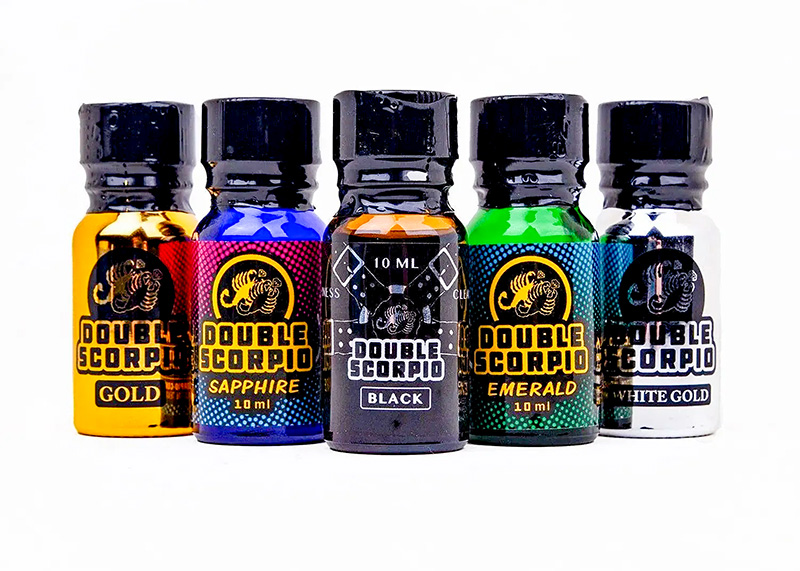

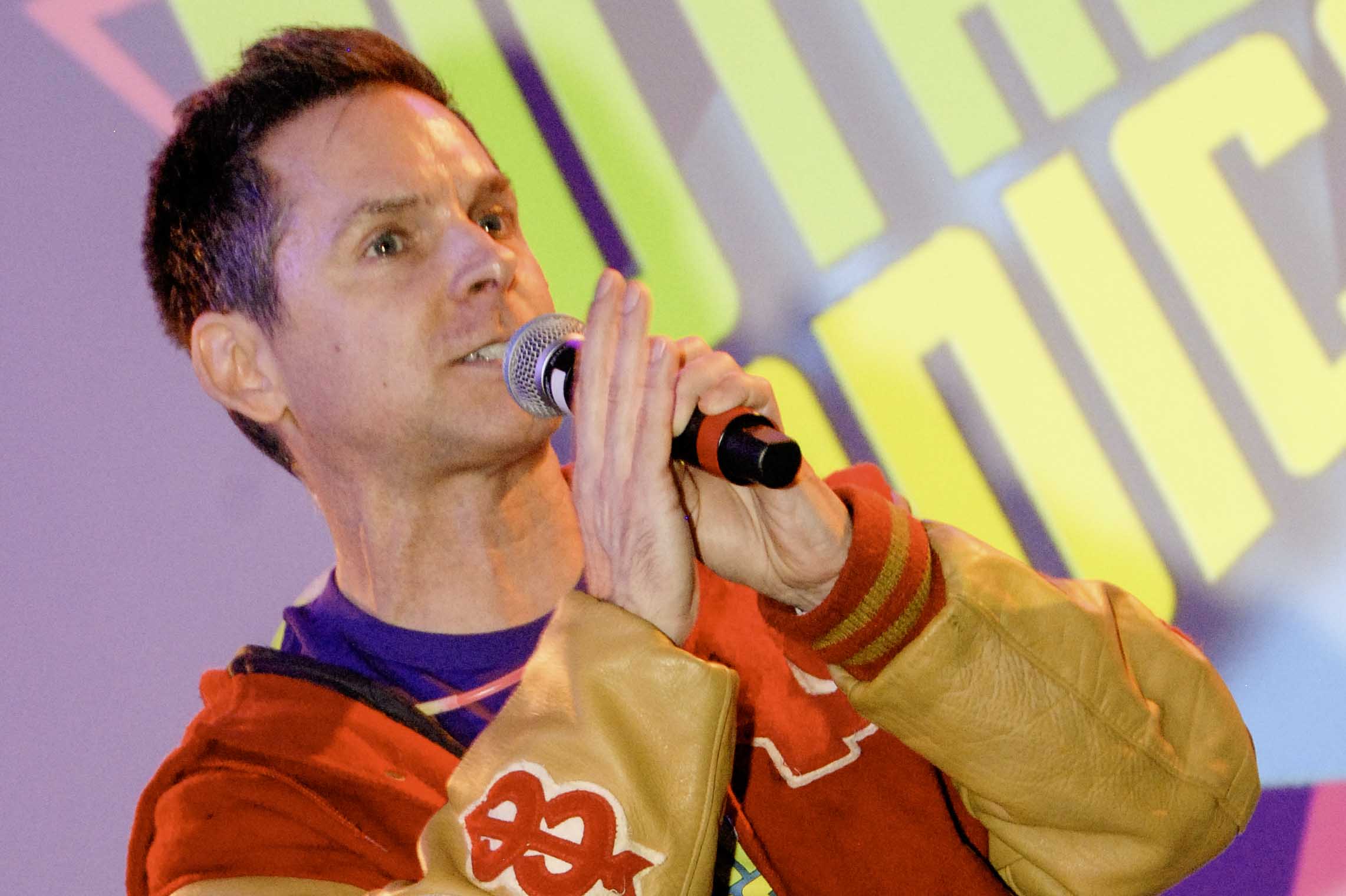














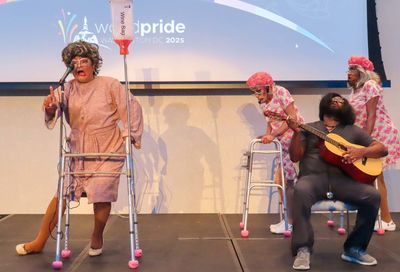
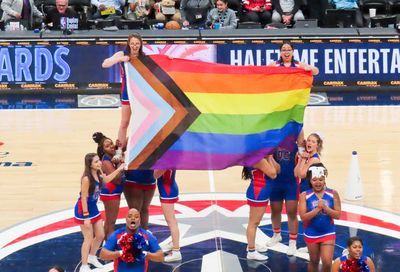
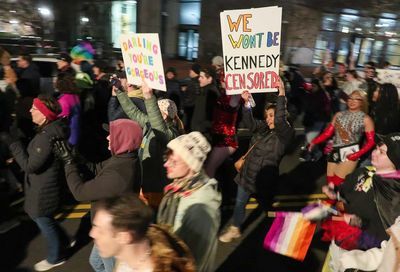
You must be logged in to post a comment.